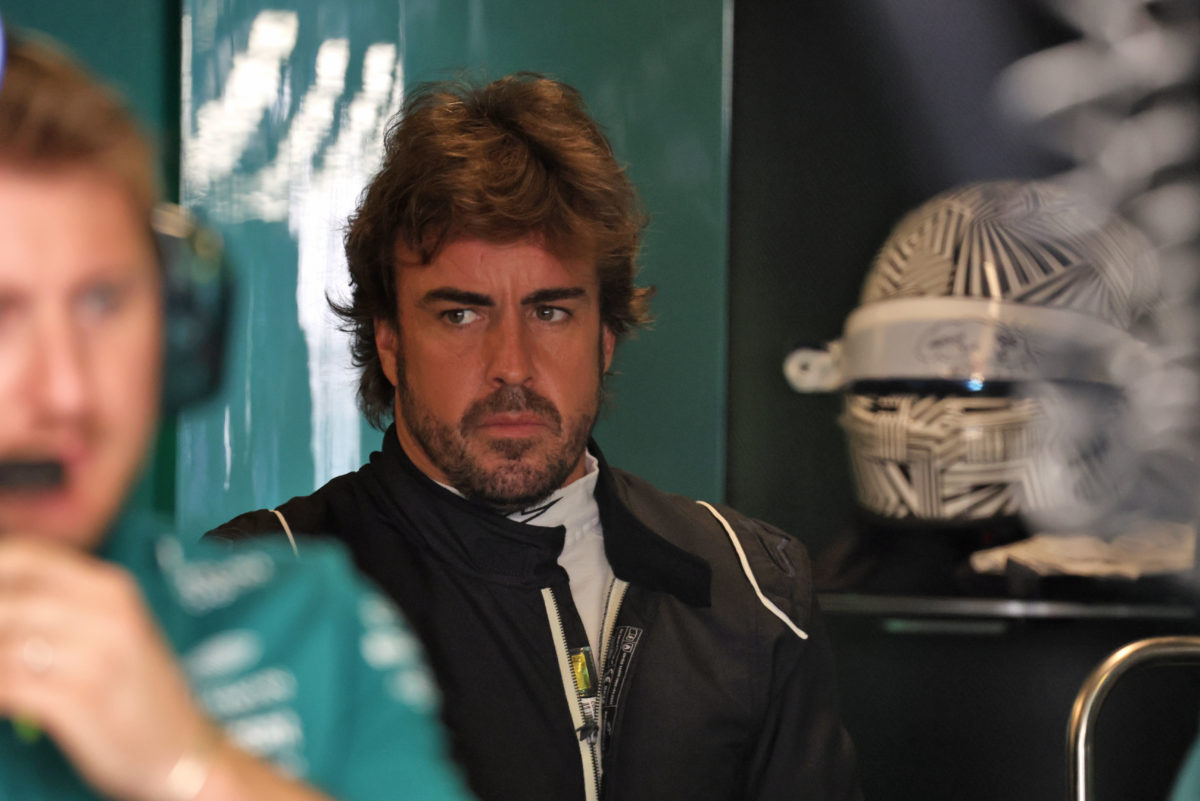

Fernando Alonso’s departure from Alpine has not left a hole in the way the team operates, according to boss Otmar Szafnauer.
Alonso sparked a domino effect in Formula 1 last season when he announced on the first day of last year’s summer break in August that he was quitting Alpine to join Aston Martin.
The two-time F1 champion was eventually replaced by Pierre Gasly, forming an all-French line-up with Esteban Ocon.
Gasly and Ocon combined to deliver a solid test programme across the three days of pre-season in Bahrain last week as Alpine opted for steady running rather than pushing the limits.
It left Szafnauer reporting “no teething issues” within the team, despite Alpine being one of only two teams to conclude testing with less than 2000 kilometres to their name – McLaren being the other.
“What I liked is the fact we had Fernando last year, very experienced, probably the most experienced racing driver in Formula 1,” said Szafnauer.
“But I don’t see a hole or a lack of anything in the feedback we’ve been getting from our two drivers.
“I think the feedback and the direction that we’re getting from the pair we have now is as good as we had last year.”
Costs saved by lack of low-fuel running
Whilst that bodes well in one respect, the fact Alpine conducted no low-fuel testing leaves a question mark over its pace going into this weekend’s season-opening race at the Bahrain International Circuit.
Szafnauer claims his team opted against any headline times in order to save on costs in the current budget cap era, with this year being the third campaign F1 has operated under such restrictions.
Expressing cautious optimism going into the new season, Szafnauer added: “Because we haven’t taken the fuel out yet to see what we can do over one lap, my optimism comes from the fact our long run pace looks pretty good.
“We’ve also had decent feedback from the drivers saying they’re happy with the car, that it’s predictable, there are no gremlins, no snappiness. However, there’s still some work to be done.”
At least with the cars no longer porpoising, Szafnauer said: “What that allows you to do is go through your test programme as you plan and do all the learnings.
“And one reason we’re not taking the fuel out is that in the three days, there was a lot of learning that we wanted to do, a lot of experiments we wanted to get through.
“If you do the low-fuel running, it’s not free, it comes at a cost, and we didn’t want to take that opportunity because of costs.”



















Discussion about this post